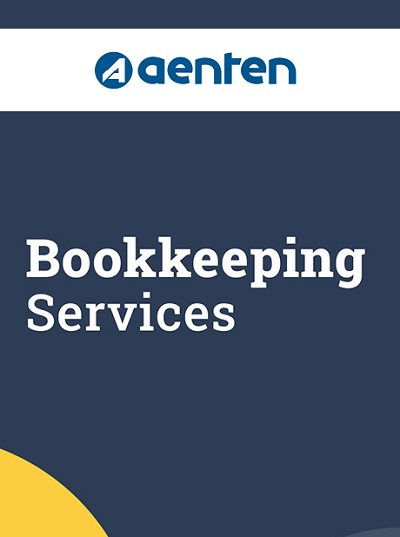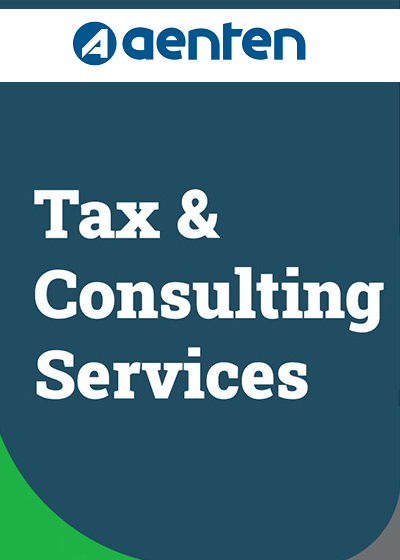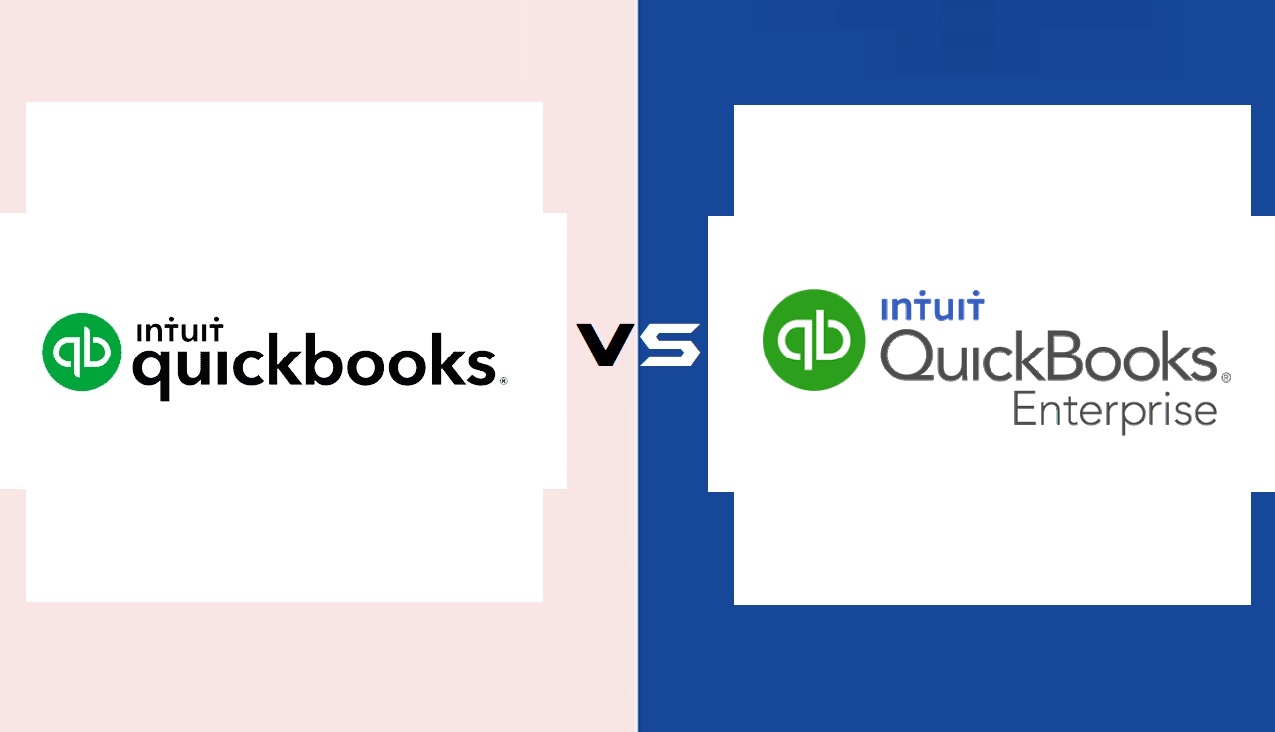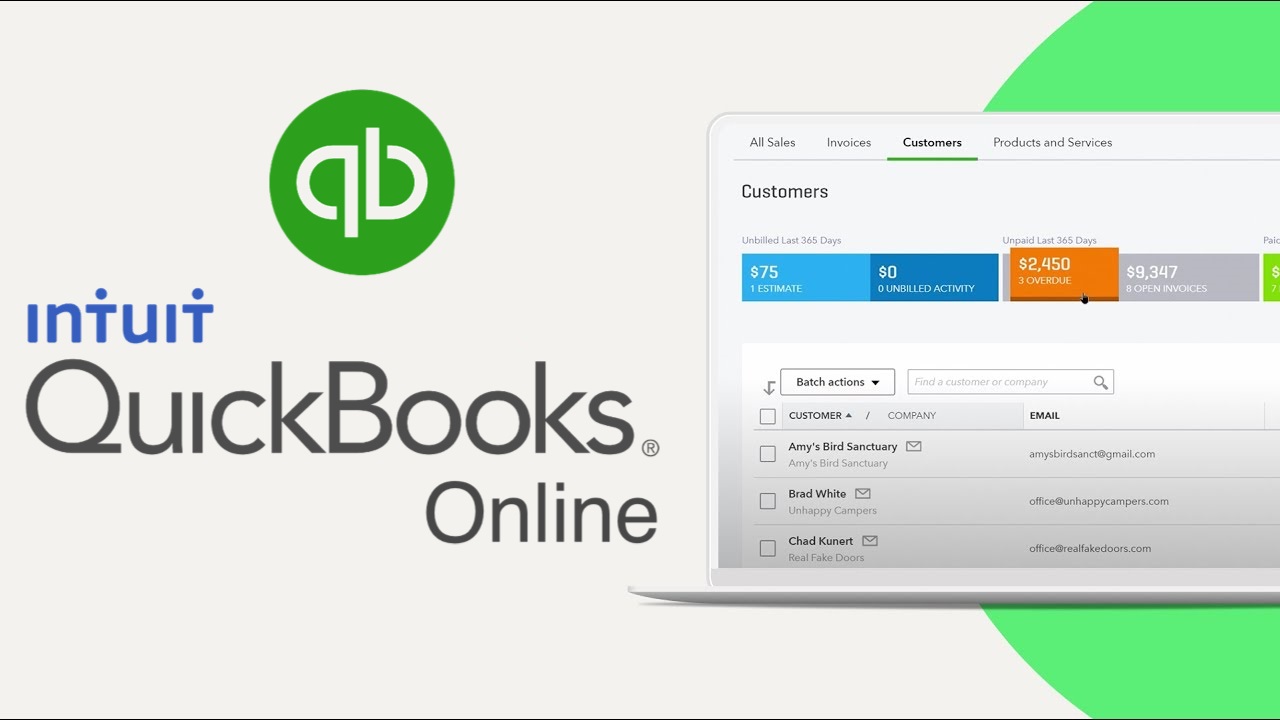As a caterer, managing your taxes can be a daunting task. However, with careful planning and knowledge of tax deductions, you can save money and reduce your tax burden. Here are some tax deductions caterers should be aware of:

1. Business Meals and Entertainment Expenses
As a caterer, you may frequently entertain clients or prospects. You can deduct 50% of the cost of meals and entertainment expenses incurred while conducting business. Be sure to keep detailed records of these expenses, including the names of attendees and the purpose of the gathering.
2. Travel Expenses
If you travel for business, you can deduct the expenses related to your travel, such as airfare, lodging, meals, and transportation. Keep detailed records of your travel expenses, including receipts and the purpose of the trip.
3. Home Office Deduction
If you have a home office that you use exclusively for business, you can deduct a portion of your home-related expenses, such as rent, utilities, and insurance. The amount you can deduct is based on the percentage of your home that is used for business.
4. Equipment and Supplies
You can deduct the cost of equipment and supplies used in your catering business. This includes items such as cooking equipment, utensils, and serving dishes. Be sure to keep detailed records of these expenses, including receipts and the date of purchase.
5. Vehicle Expenses
If you use your personal vehicle for business purposes, you can deduct the expenses related to the use of your vehicle, such as gas, maintenance, and repairs. You can either deduct the actual expenses incurred or use the standard mileage rate.
6. Employee Expenses
If you have employees, you can deduct their salaries and benefits as a business expense. This includes items such as health insurance, retirement plans, and paid time off.
7. Advertising and Marketing Expenses
You can deduct the cost of advertising and marketing your catering business, including items such as business cards, flyers, and website development. Keep detailed records of these expenses, including receipts and the date of purchase.
8. Rent Expense
If you rent a commercial kitchen or other space for your catering business, you can deduct the cost of rent as a business expense. Be sure to keep detailed records of these expenses, including receipts and the date of payment.
9. Insurance Expenses
You can deduct the cost of insurance premiums related to your catering business, such as liability insurance and property insurance. Keep detailed records of these expenses, including receipts and the date of payment.
10. Professional Services
If you hire a tax professional or other professional services to help with your catering business, you can deduct the cost of these services as a business expense. This includes items such as legal fees and accounting services.
11. Education and Training Expenses
As a caterer, you may need to attend seminars, workshops, or other training events to improve your skills and stay up-to-date with the latest industry trends. You can deduct the cost of these education and training expenses as a business expense.
12. Depreciation
You can deduct the cost of equipment and other assets used in your catering business over time through depreciation. This allows you to spread out the cost of these items over several years, rather than taking the full deduction in one year. Be sure to keep detailed records of these expenses and consult with a tax professional to determine the appropriate depreciation method.
13. Credit Card Fees
If you accept credit card payments for your catering business, you may incur fees from credit card processing companies. You can deduct these fees as a business expense.
14. Business Insurance
In addition to liability and property insurance, you may need to purchase other types of insurance for your catering business, such as workers’ compensation insurance or business interruption insurance. You can deduct the cost of these insurance premiums as a business expense.
15. Bad Debts
If you are unable to collect payment for services provided to a client, you can deduct the amount of the bad debt as a business expense. However, you must be able to prove that you made a good faith effort to collect the debt.
16. Charitable Contributions
If you donate food or services to a charitable organization, you can deduct the fair market value of the donation as a charitable contribution. Be sure to keep detailed records of the donation and obtain a written acknowledgment from the charity.
17. Retirement Plan Contributions
As a business owner, you may be able to contribute to a retirement plan for yourself and your employees. These contributions are tax-deductible as a business expense.
18. State and Local Taxes
You can deduct state and local taxes paid on your catering business as a business expense. This includes items such as sales tax, property tax, and excise tax.
19. Rent or Lease Payments
If you lease equipment or other assets for your catering business, you can deduct the cost of these payments as a business expense. Be sure to keep detailed records of these expenses, including receipts and the date of payment.
20. Repairs and Maintenance
You can deduct the cost of repairs and maintenance on equipment used in your catering business as a business expense. This includes items such as kitchen equipment, vehicles, and computers.
Also Read : Tax Savings Recipe for Caterers.
Conclusion :
as a caterer, there are many tax deductions available to help you save money on your taxes. It is important to keep detailed records and consult with a tax professional to ensure that you are taking advantage of all available deductions and minimizing your tax liability. With careful planning and attention to detail, you can reduce your tax burden and keep more money in your pocket.




